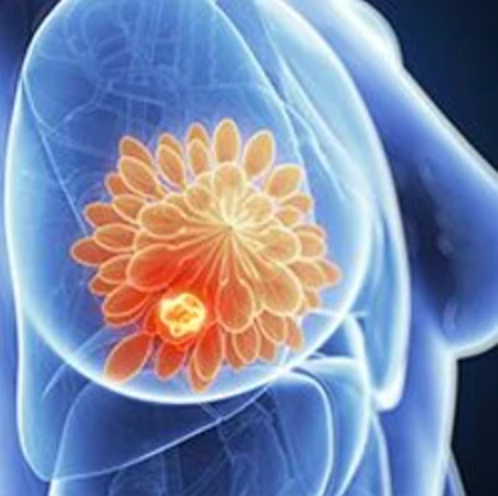Commentary
Video
Dr Advani on Advancements in the Treatment of TNBC
Author(s):
Pooja Advani, MBBS, MD, discusses key advancements that have occurred for the treatment of patients with triple-negative breast cancer.
Pooja Advani, MBBS, MD, hematologist/oncologist, Mayo Clinic Comprehensive Cancer Center, discusses key advancements that have occurred over the past few years for the treatment of patients with triple-negative breast cancer (TNBC) and highlights planned and ongoing breast cancer research she is involved in.
Discussions are underway regarding the sequencing of treatments in TNBC, a condition for which therapeutic options were previously limited, Advani begins. This presents an exciting yet challenging period of time. A significant development to highlight within this treatment paradigm is the analysis of fam-trastuzumab deruxtecan-nxki (Enhertu; T-DXd) in the phase 3 DESTINY-Breast04 trial (NCT03734029), Advani elucidates. Although this trial involved a relatively small cohort of patients with TNBC, there was a notable improvement observed in both median progression-free survival (PFS) and overall survival (OS), she adds.
Additionally, sacituzumab govitecan-hziy (Trodelvy) has demonstrated utility and gained regulatory approval in TNBC, Advani expands. Studies have shown activity with this agent across HER2-low and HER2-negative disease, regardless of TROP-2 expression, she notes. Furthermore, when considering antibody-drug conjugates (ADCs) for patients with TNBC, there are now 2 options available in the second line and beyond, Advani says.
Clinicians should also prioritize testing for germline BRCA1/2 mutations to continually evaluate TNBC status in the metastatic setting and identify potential candidates for PARP inhibitor therapy, Advani continues. Furthermore, personalization of therapy, focusing on efficacy and toxicity, is paramount, and is based on results from tissue or liquid biopsy, according to Advani. Functional assays are needed to appropriately match patients with the most suitable treatment regimens, she adds.
Overall, Advani is enthusiastic about participating in a project using functional assays to predict responses to immune checkpoint inhibitors across various tumor types. Tissue biopsies will be collected from patients, and live tumor fragments will undergo multi-photon imaging to assess their likelihood of responding to immune checkpoint inhibitors, offering personalized treatment insights, she concludes.









